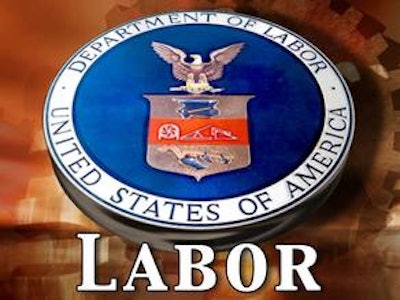
Judge M. Casey Rodgers of the U.S. District Court Northern District of Florida Pensacola Division has issued a preliminary injunction preventing the Department of Labor (DOL) from implementing H-2B rule changes that would drive up costs for landscape companies that use the program. The Professional Landcare Network (PLANET), together with other interested parties, had initiated two lawsuits in the Northern District of Florida against the new H-2B wage rule and the H-2B program rule last fall.
According to Tom Delaney, PLANET’s director of government affairs, there is now a 60-day response period, to be followed by another 14-day period for review. In all likelihood, Delaney says, DOL will appeal the decision—but it will be early October before anything else is determined. Congress had already put a block on the wage rule until September 30. This recent court ruling should further influence DOL’s decision to go ahead with the proposed rule change at that time. Furthermore, if Congress fails to pass a new budget, this current Congressional block will remain attached to any continuing resolutions passed later this year.
How does this affect landscape contractors?
PLANET Attorney Richard Lehr noted that Judge Rogers relied extensively on the sworn statement from PLANET CEO Sabeena Hickman, detailing the serious harm the DOL’s H-2B changes would cause to PLANET members.
According to Delaney, roughly 500 PLANET members (landscape companies) utilize H-2B workers. That number fluctuates from year to year, of course. The recent recession and slow recovery has actually resulted in a slightly reduced need for H-2B workers. However, a variety of companies have still come to rely on the program—from $500,000-a-year companies to multi-million-dollar firms. The program is especially useful for larger bid-build companies. “How do you bid a large contract if you aren’t sure that you’re going to be able to find workers?” Delaney asks.
“The DOL simply does not understand how landscape companies operate,” Delaney continues. “It’s not like in manufacturing where you know you need x amount of workers for a certain period of time, then you can send them home.” The landscaping business is very volatile where companies are often working contract to contract. The assurance that a workforce will be available when you need it is vital for planning and growth.



















